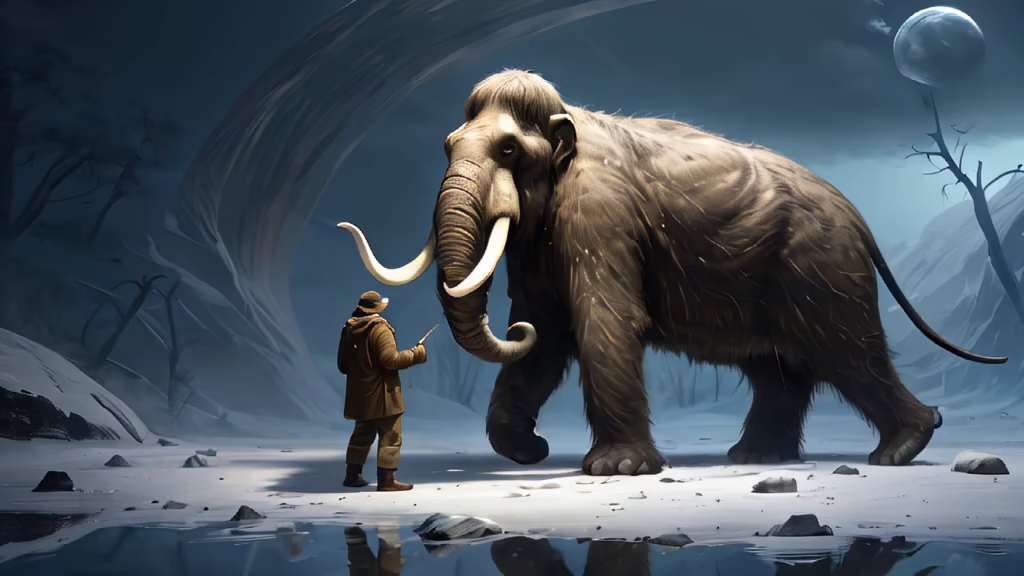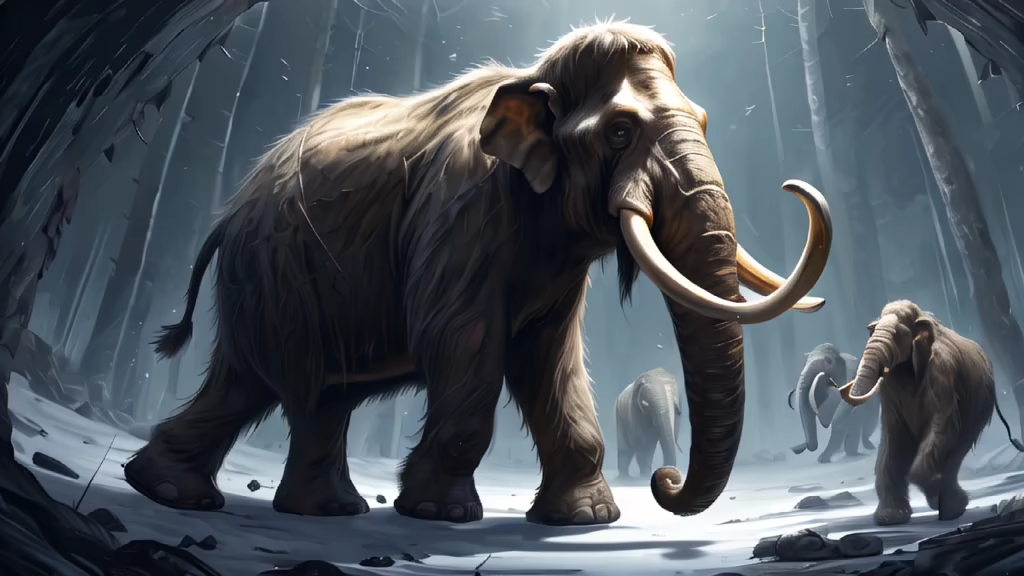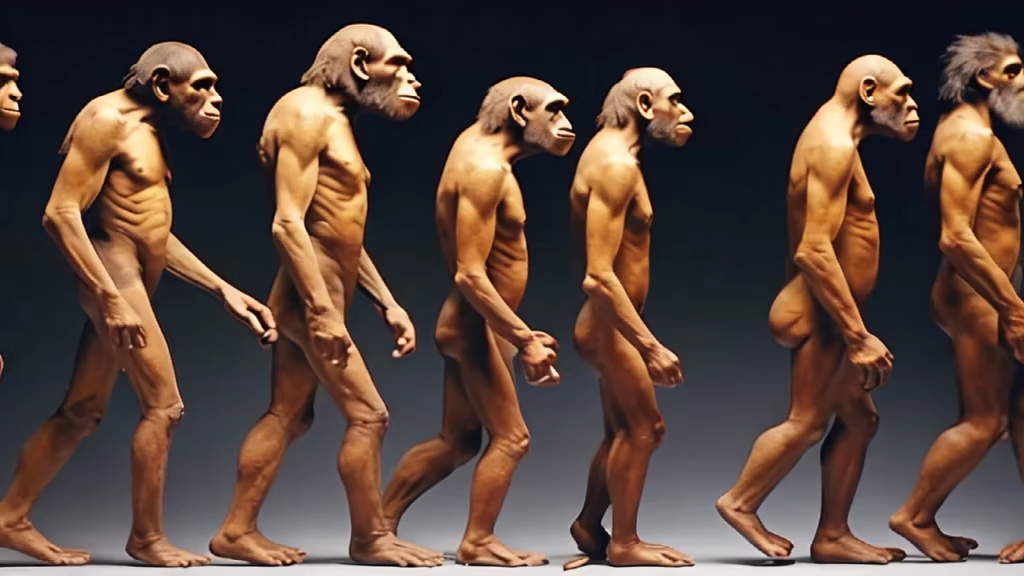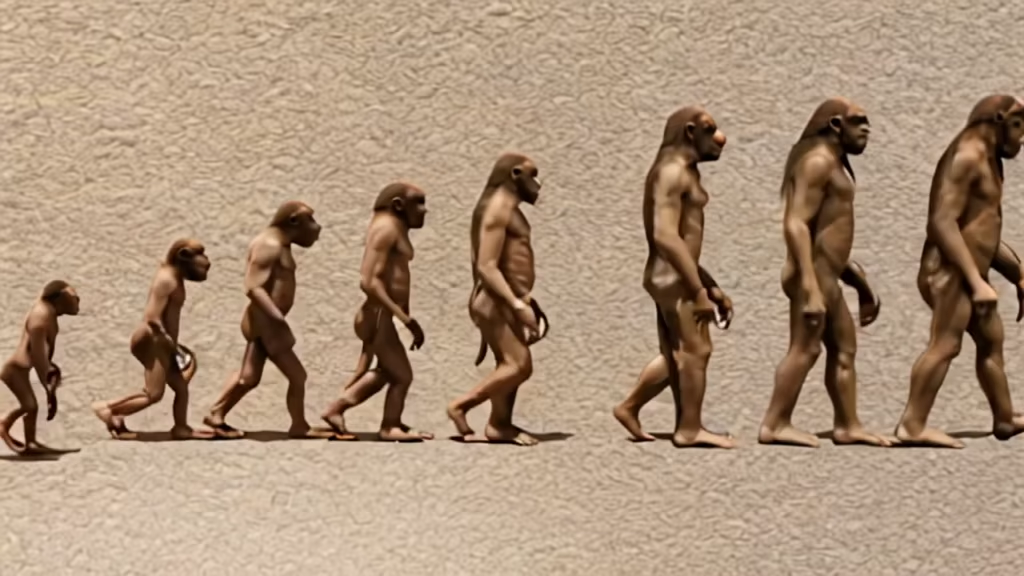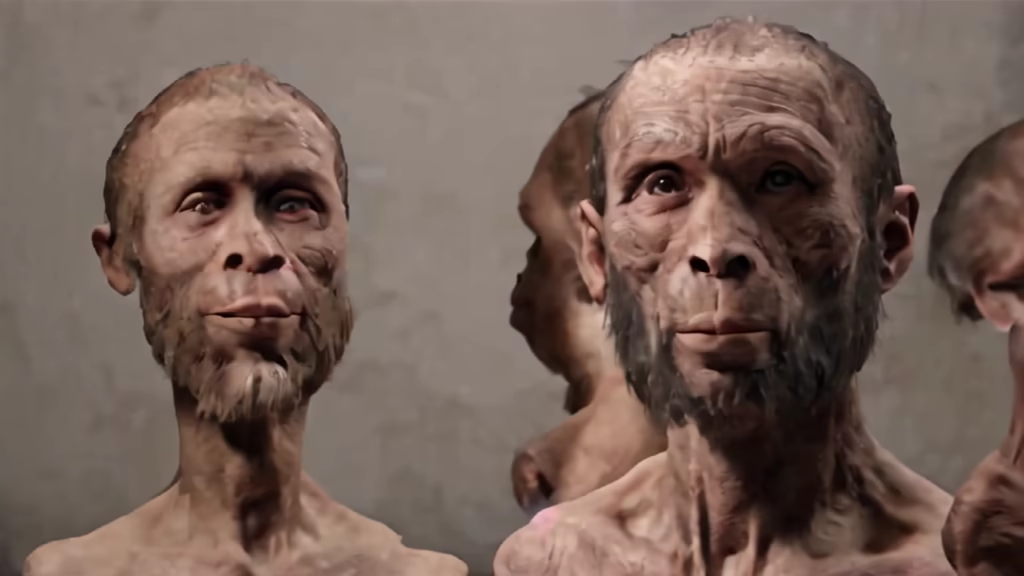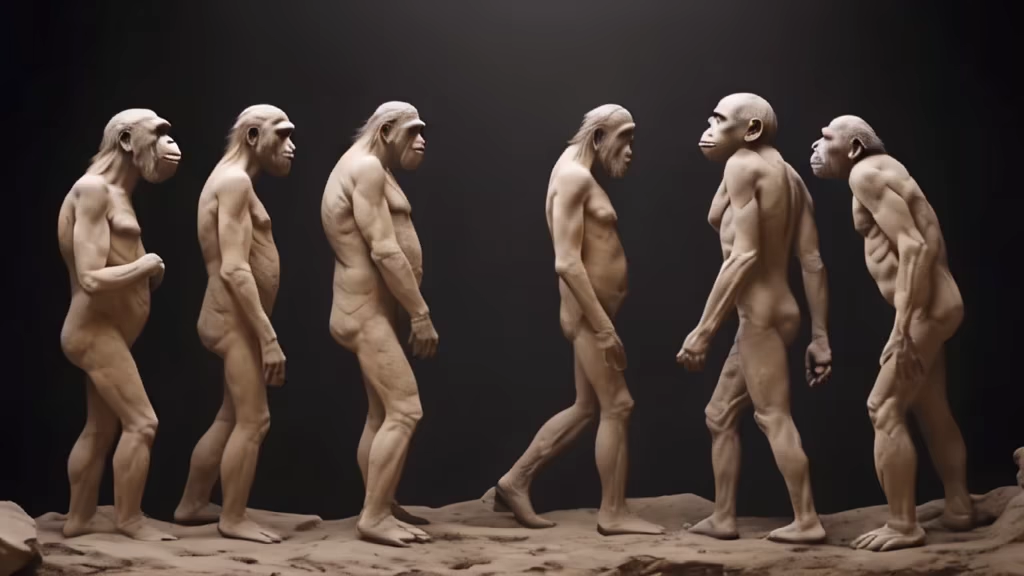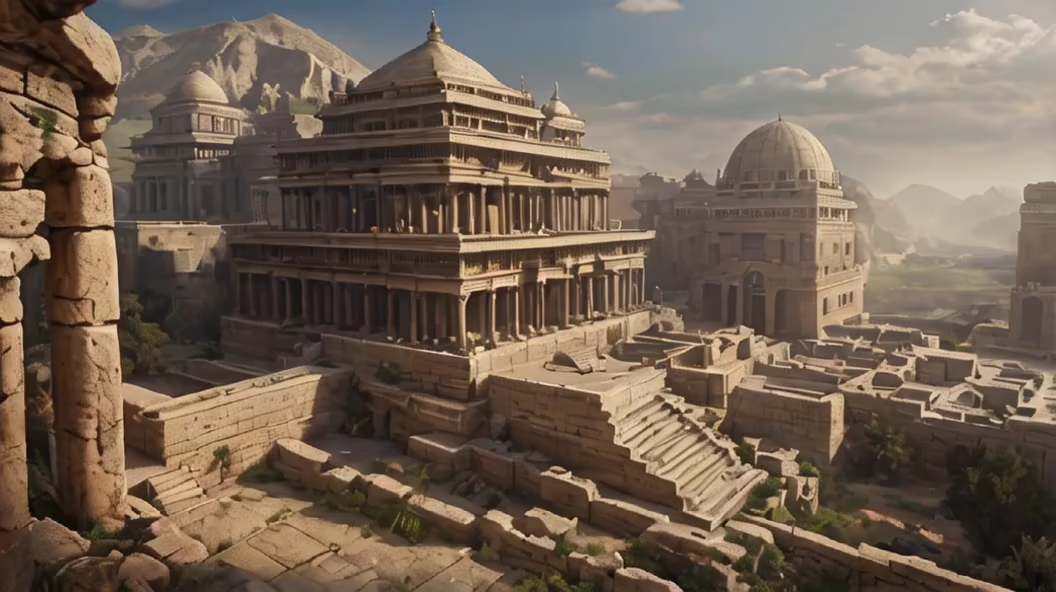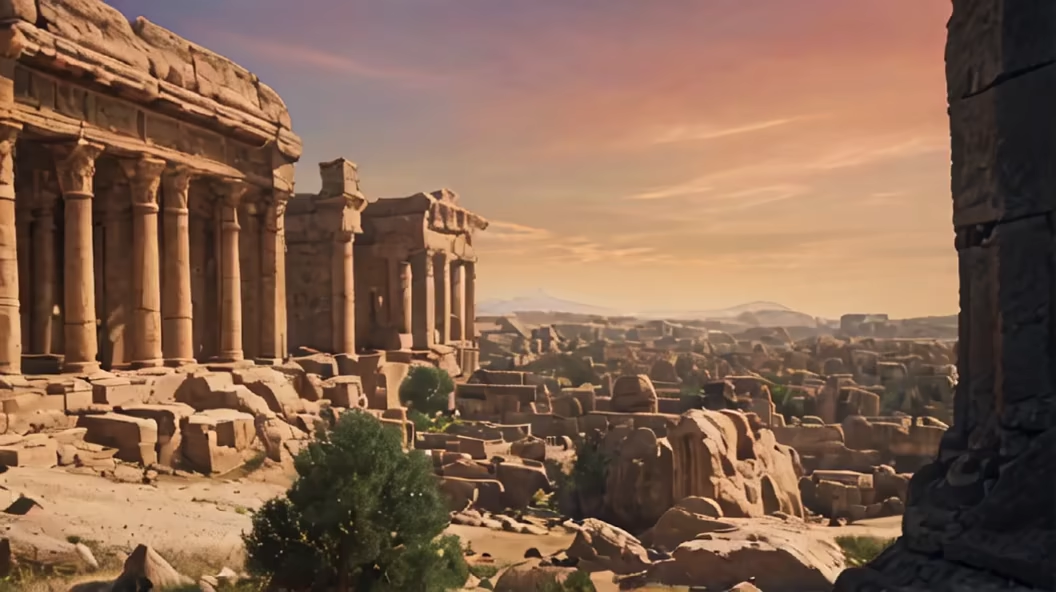

Prompt: Cracking The Code of an Artefact found that drawn Ancient Humans Stumble Upon An Advanced Civilization In The Distant Pastprompt


Prompt: archaeological evidence showing human habitation as far back as the Paleolithic era, digital art




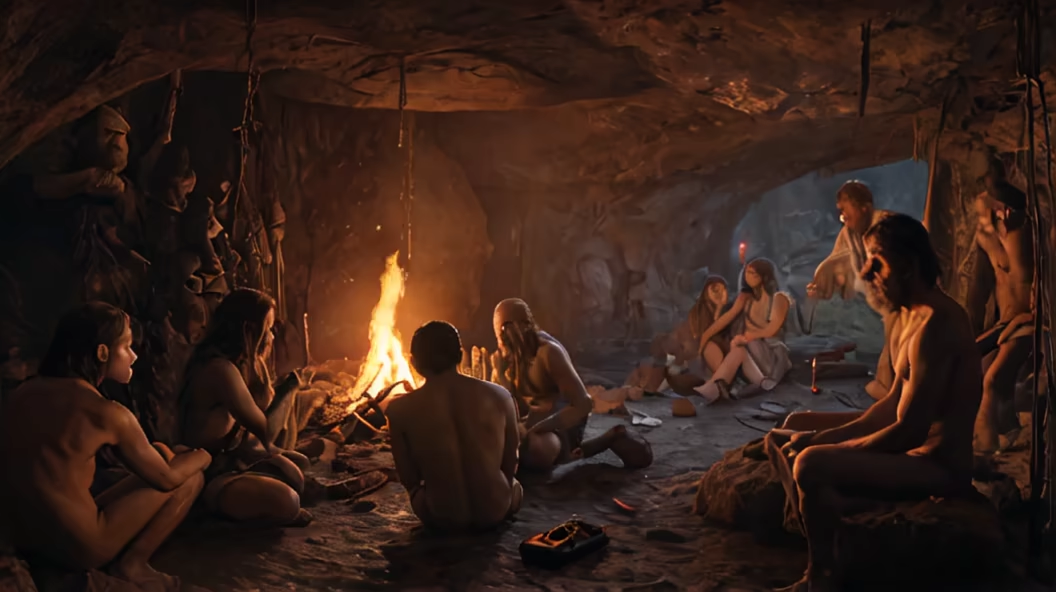
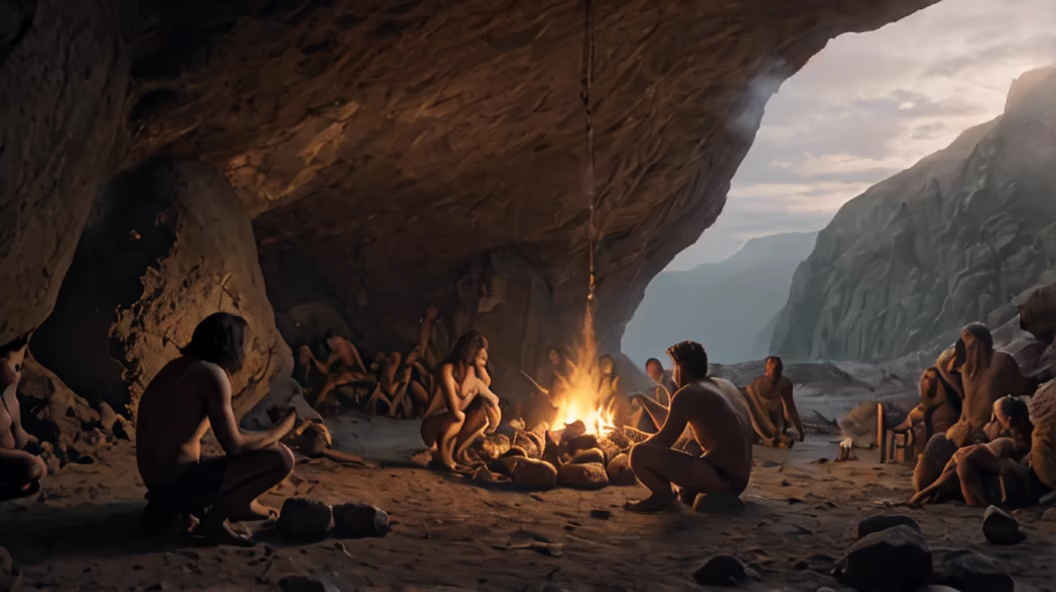


Prompt: The scene of prehistoric human society, vast fields, rivers and human villages, followed by rapid development, the emergence of high-rise buildings and modern technology
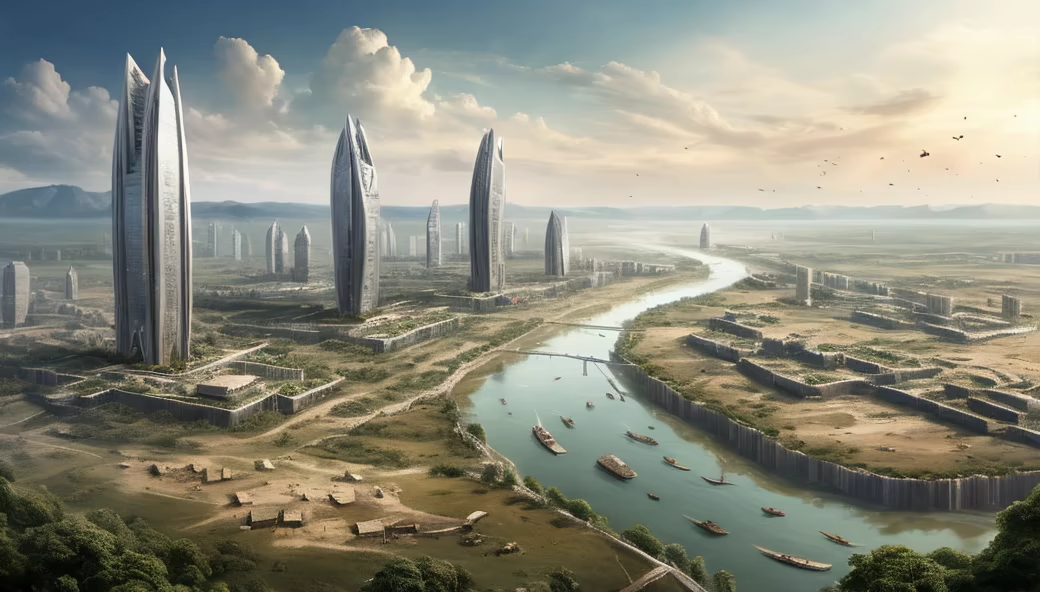
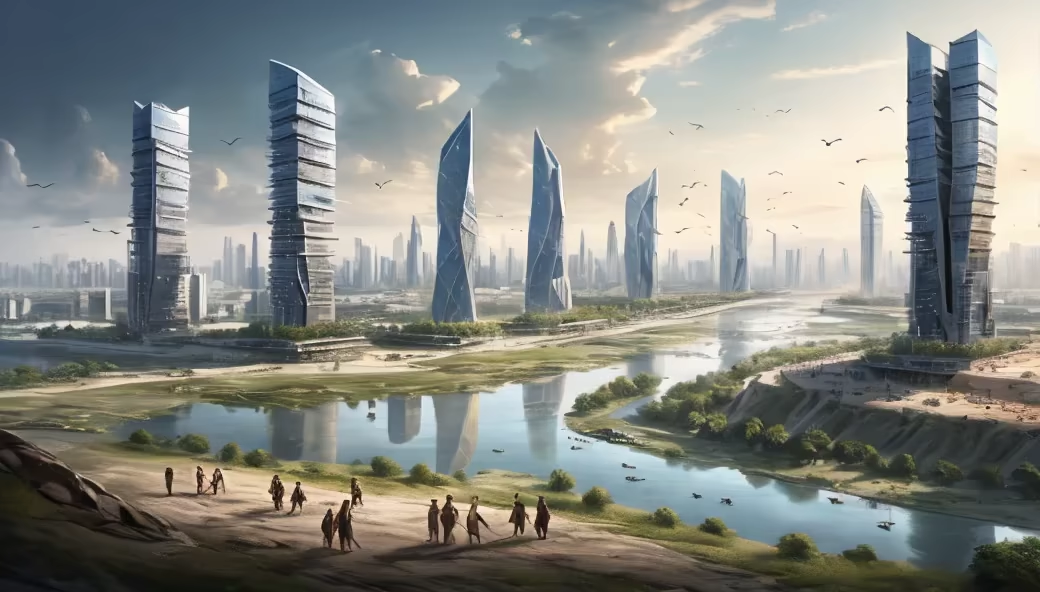
Prompt: The scene of prehistoric human society, vast fields, rivers and human villages, followed by rapid development, the emergence of high-rise buildings and modern technology










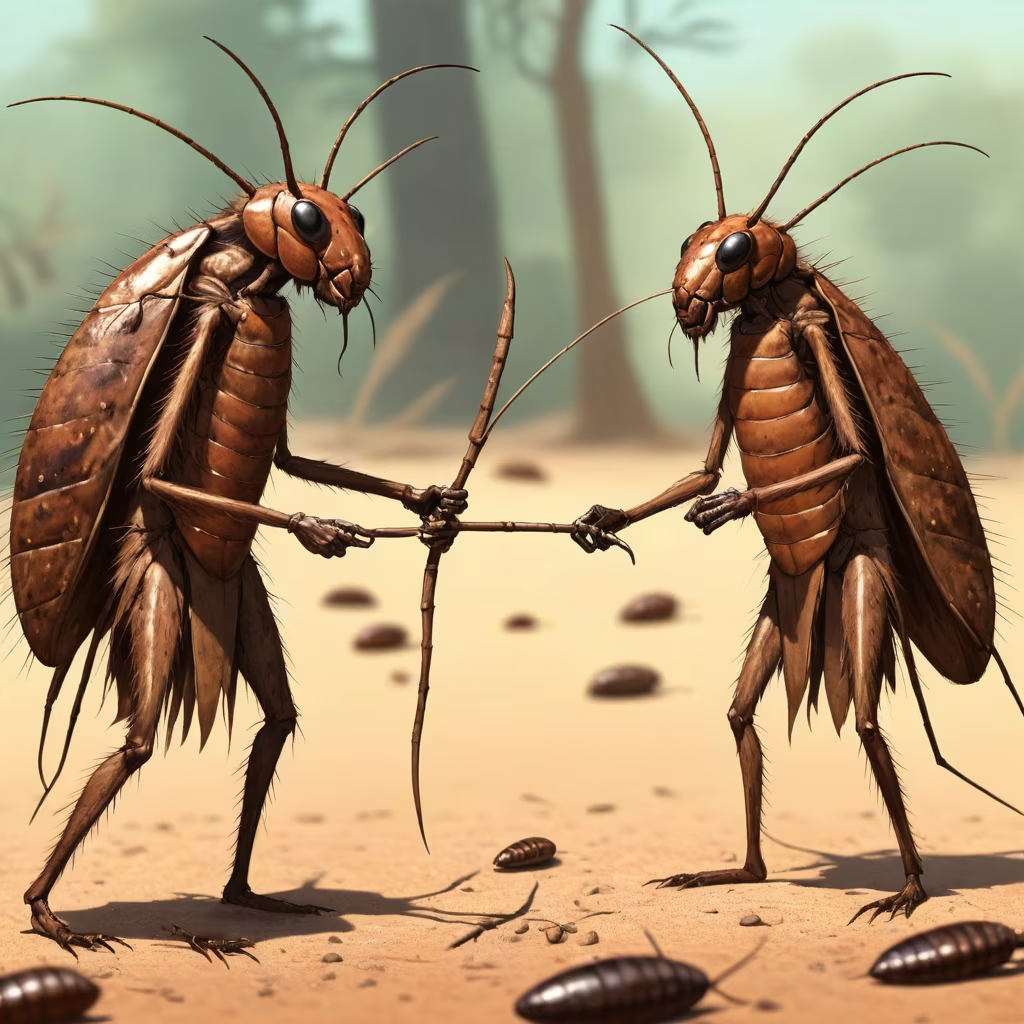



Prompt: At the edge of the universe, fierce battles between different civilizations demonstrate the conflicts and desire for survival of cosmic civilizations.




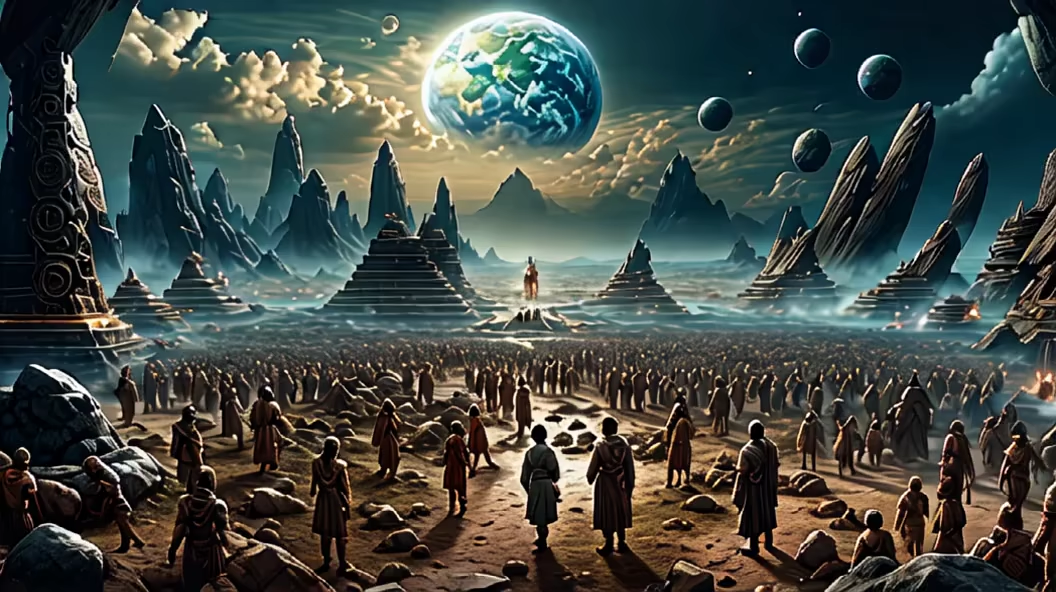
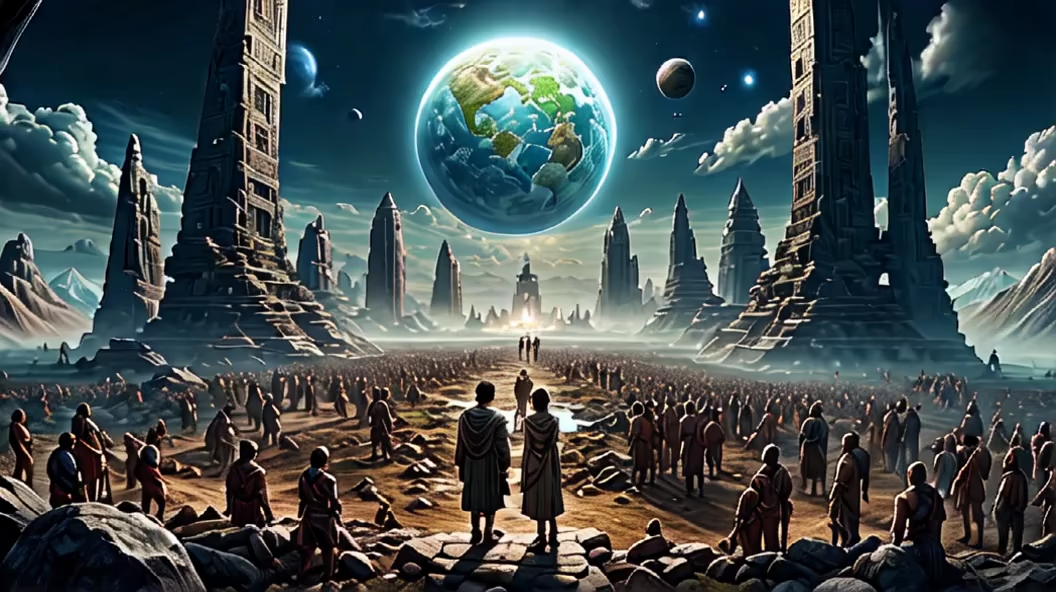


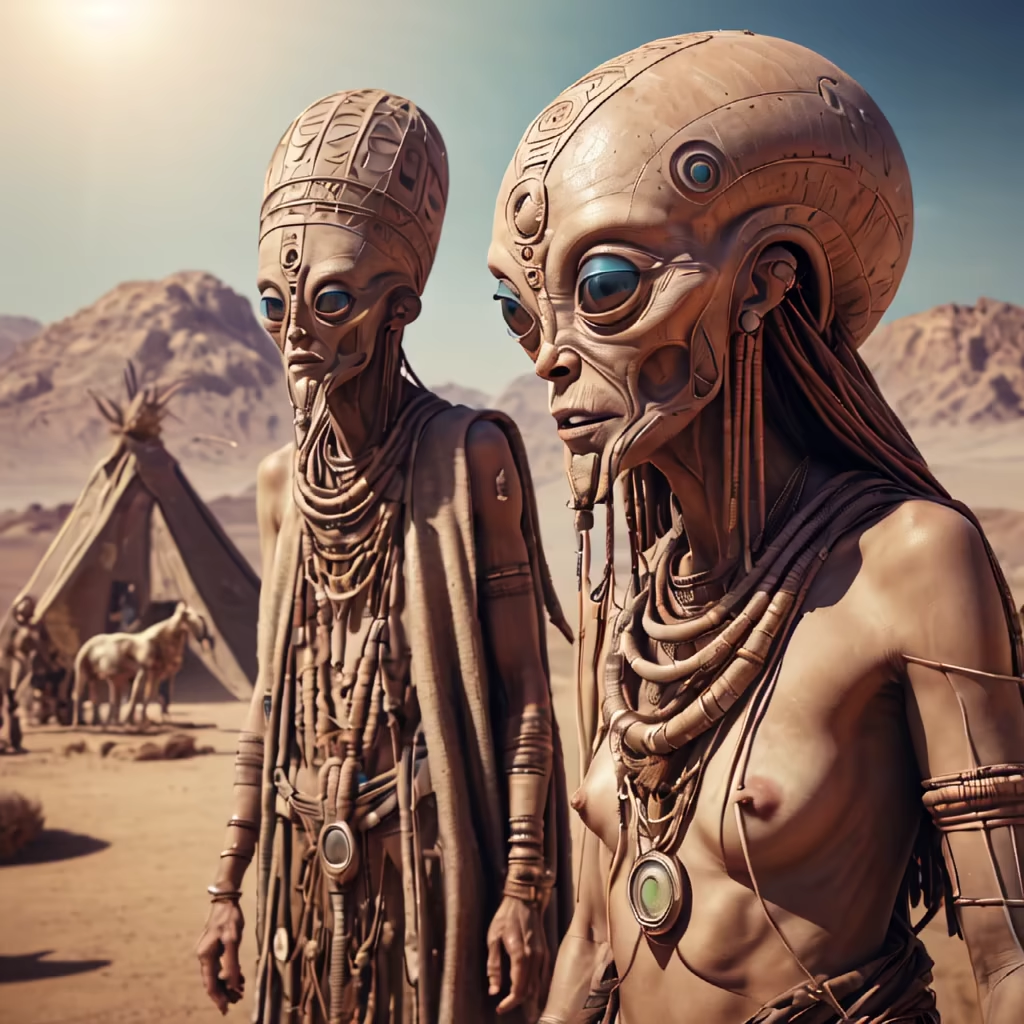

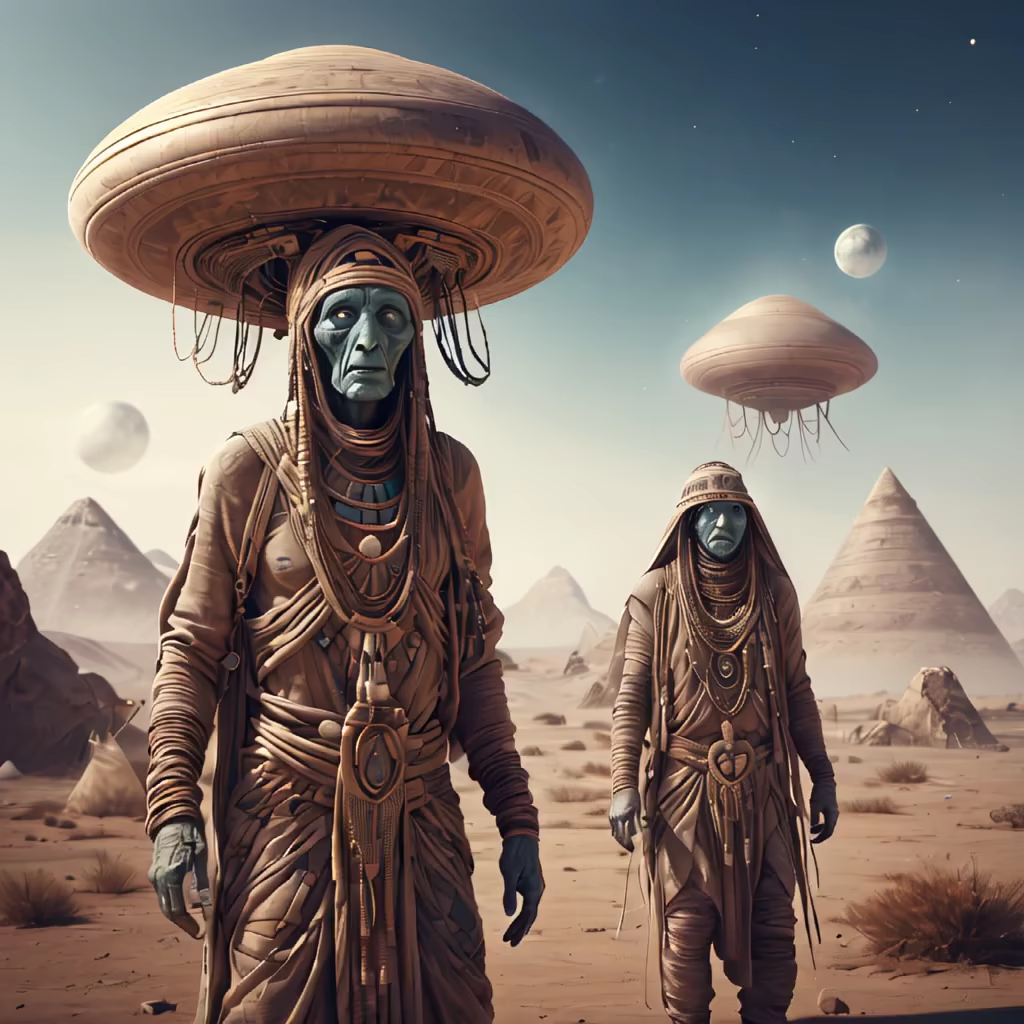







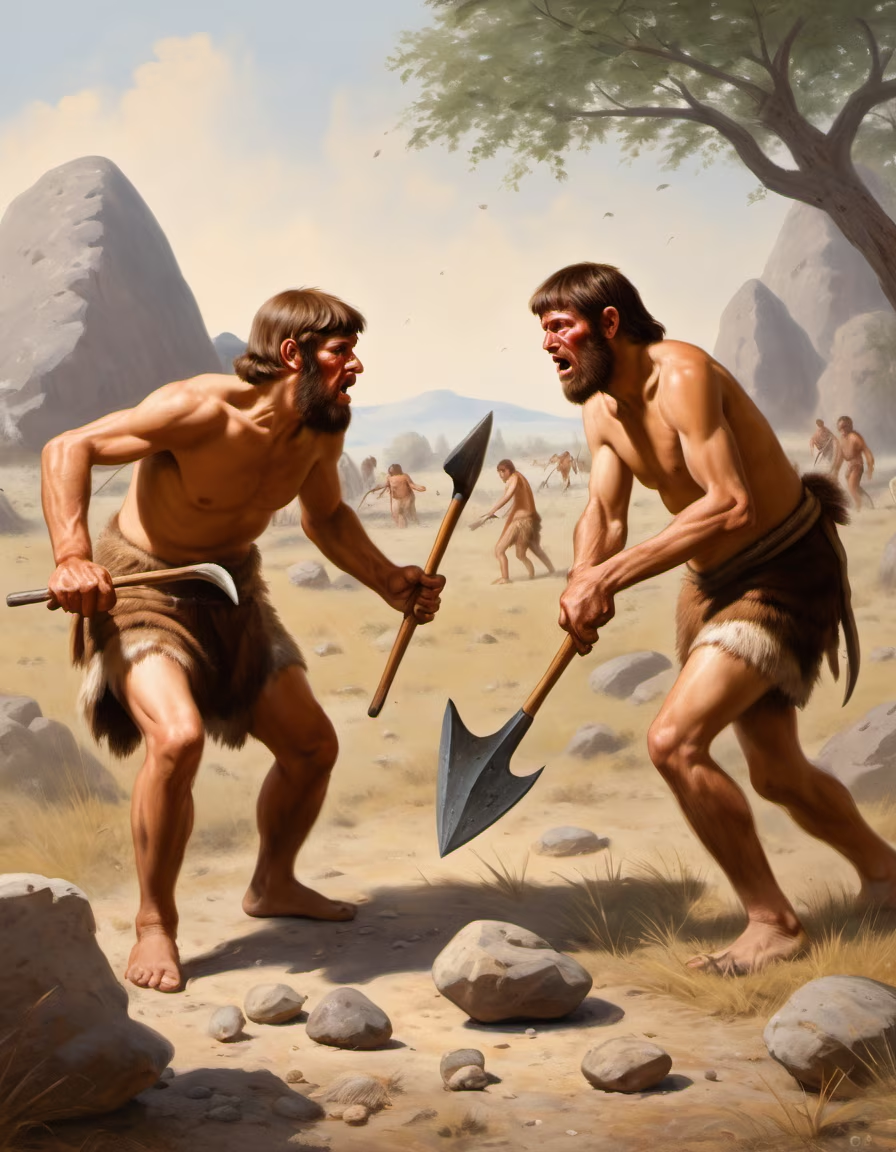
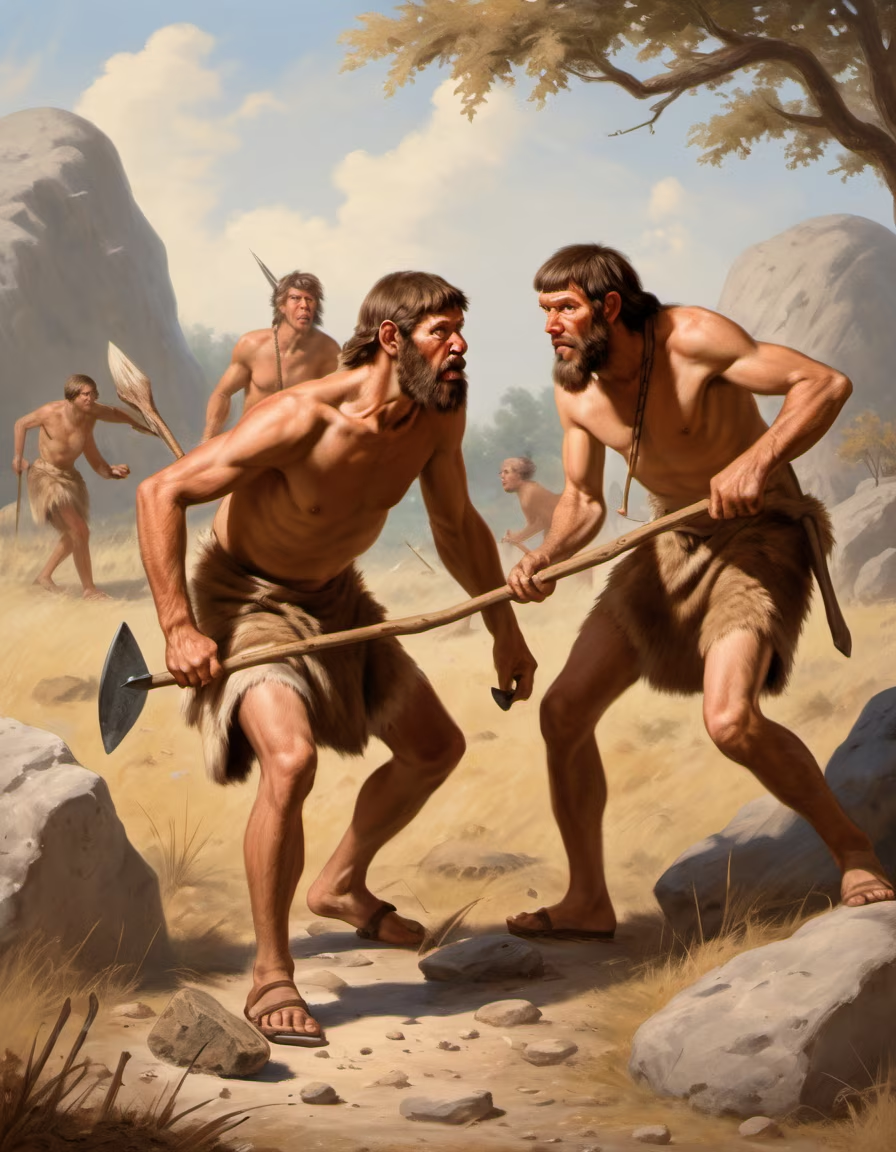








Prompt: Atlantis, lost city, advanced civilization, perfect landscape
Negative: ugly, poor details, uncreative


Prompt: evolution from chimpanzee can be understood by examining the shared ancestry and the subsequent development of distinct traits that have culminated in the modern human species. Around 6-7 million years ago, humans and chimpanzees shared a common ancestor. This common ancestor likely resembled a chimp-like creature with some human-like traits. Over time, due to various environmental and genetic factors, including adaptations to new habitats and changing climates, the species diverged. One of the most notable differences between humans and chimpanzees is bipedalism or walking on two legs. The ability to walk upright is a defining characteristic of the human species and allowed our early ancestors to efficiently navigate the African savannah. This adaptation freed up the hands for other activities like tool use and eventually enabled the development of our sophisticated manual dexterity. Another significant evolution occurred in the brain. Human brains are much larger, relative to body size, compared to chimps. This increased brain size is associated with the development of higher cognitive functions, such as language, complex problem-solving, and rational thinking. The expansion of the brain also coincided with the development of more complex social structures and cultural advancements. Further differences can be observed in physical features such as the structure of the pelvis, limb proportions, and vocal apparatus. The human pelvis is wider and more bowl-shaped, facilitating bipedal locomotion and childbirth. Humans have longer legs relative to arm length compared to chimpanzees, which aids in efficient walking and running. The structure of the vocal apparatus in humans allows for a wide range of speech sounds, enabling complex language and communication. Although humans and chimpanzees have many shared genetic similarities, there have been numerous genetic changes over millions of years to produce the distinct traits observed in humans today. These changes can be attributed to a combination of natural selection, genetic mutations, and environmental pressures. In summary, human evolution from chimpanzee involved key developments such as bipedalism, larger brains, enhanced cognitive abilities, changes in physical features, and the development of complex language and culture. These evolutionary changes have led to the emergence of Homo sapiens as a distinct species, with unique characteristics that separate us from our ape relatives.
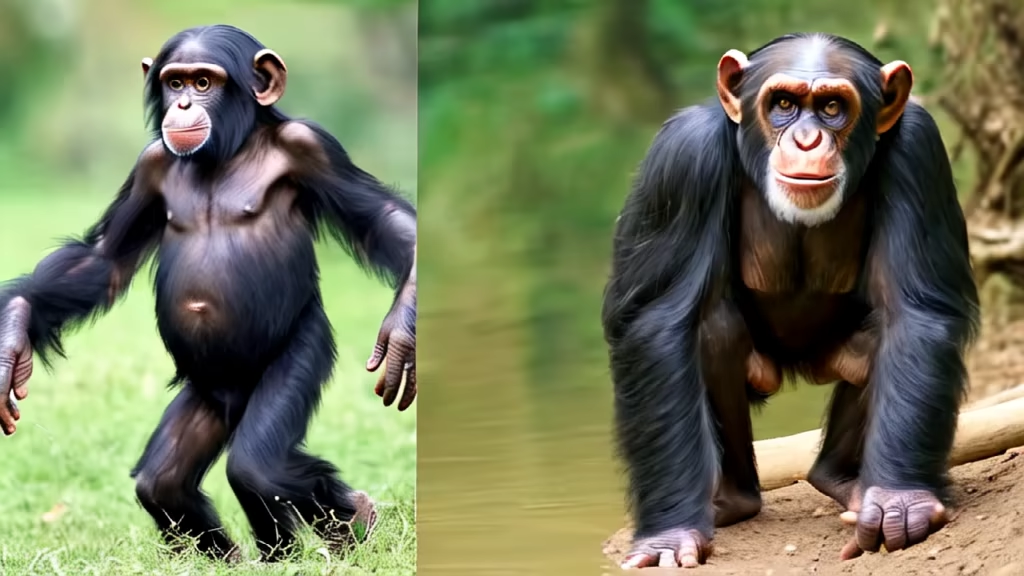
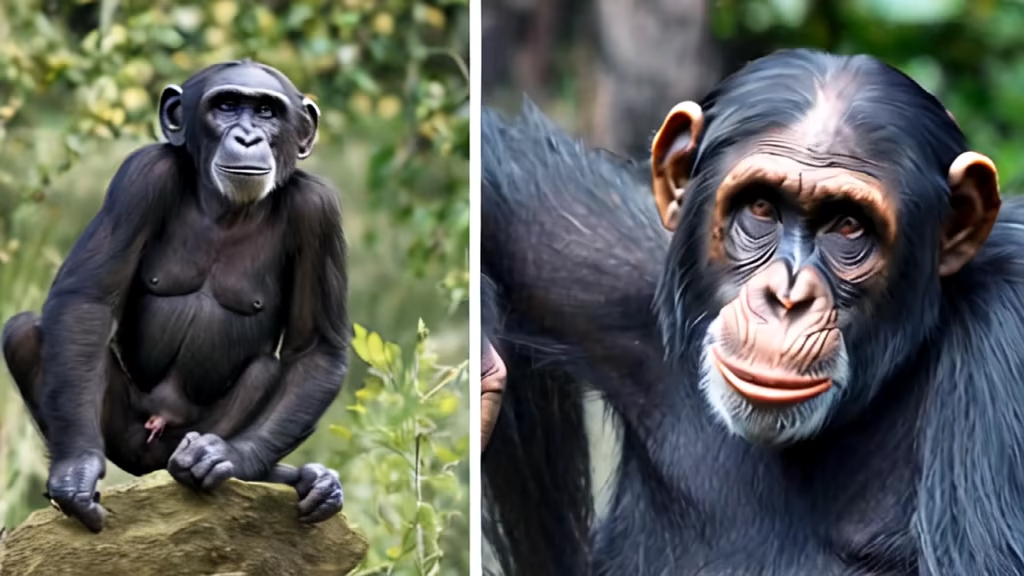
Prompt: evolution from chimpanzee can be understood by examining the shared ancestry and the subsequent development of distinct traits that have culminated in the modern human species. Around 6-7 million years ago, humans and chimpanzees shared a common ancestor. This common ancestor likely resembled a chimp-like creature with some human-like traits. Over time, due to various environmental and genetic factors, including adaptations to new habitats and changing climates, the species diverged. One of the most notable differences between humans and chimpanzees is bipedalism or walking on two legs. The ability to walk upright is a defining characteristic of the human species and allowed our early ancestors to efficiently navigate the African savannah. This adaptation freed up the hands for other activities like tool use and eventually enabled the development of our sophisticated manual dexterity. Another significant evolution occurred in the brain. Human brains are much larger, relative to body size, compared to chimps. This increased brain size is associated with the development of higher cognitive functions, such as language, complex problem-solving, and rational thinking. The expansion of the brain also coincided with the development of more complex social structures and cultural advancements. Further differences can be observed in physical features such as the structure of the pelvis, limb proportions, and vocal apparatus. The human pelvis is wider and more bowl-shaped, facilitating bipedal locomotion and childbirth. Humans have longer legs relative to arm length compared to chimpanzees, which aids in efficient walking and running. The structure of the vocal apparatus in humans allows for a wide range of speech sounds, enabling complex language and communication. Although humans and chimpanzees have many shared genetic similarities, there have been numerous genetic changes over millions of years to produce the distinct traits observed in humans today. These changes can be attributed to a combination of natural selection, genetic mutations, and environmental pressures. In summary, human evolution from chimpanzee involved key developments such as bipedalism, larger brains, enhanced cognitive abilities, changes in physical features, and the development of complex language and culture. These evolutionary changes have led to the emergence of Homo sapiens as a distinct species, with unique characteristics that separate us from our ape relatives.
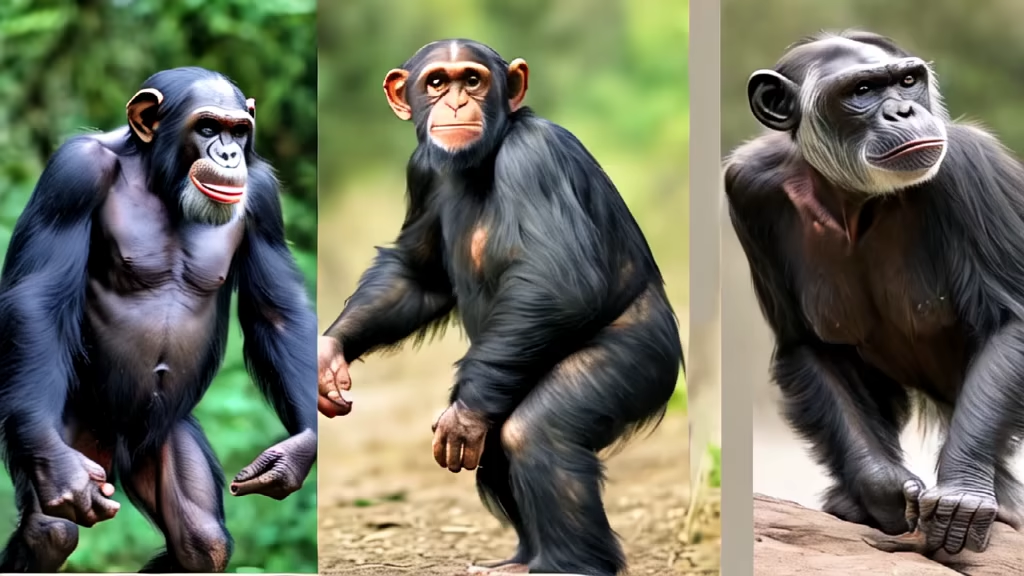
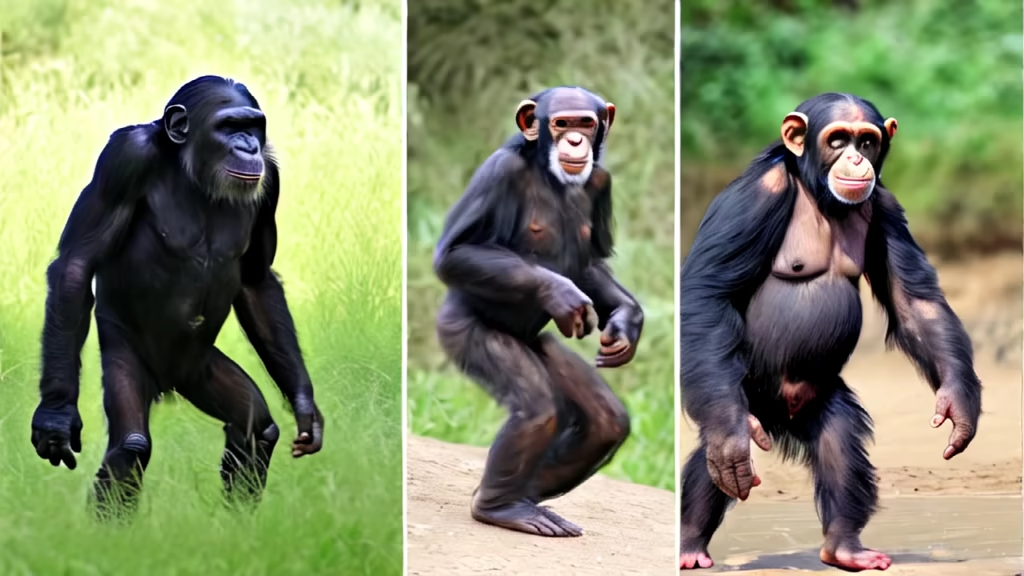
Prompt: In the future, part of humanity will stay on the already desertified earth, and the other part will go to the universe to find a new shelter. The humans who remained on Earth moved underground because the continents were uninhabitable.




Prompt: a draw about what could have caused the mass extinction of dinosaurs at the end of the Cretaceous period
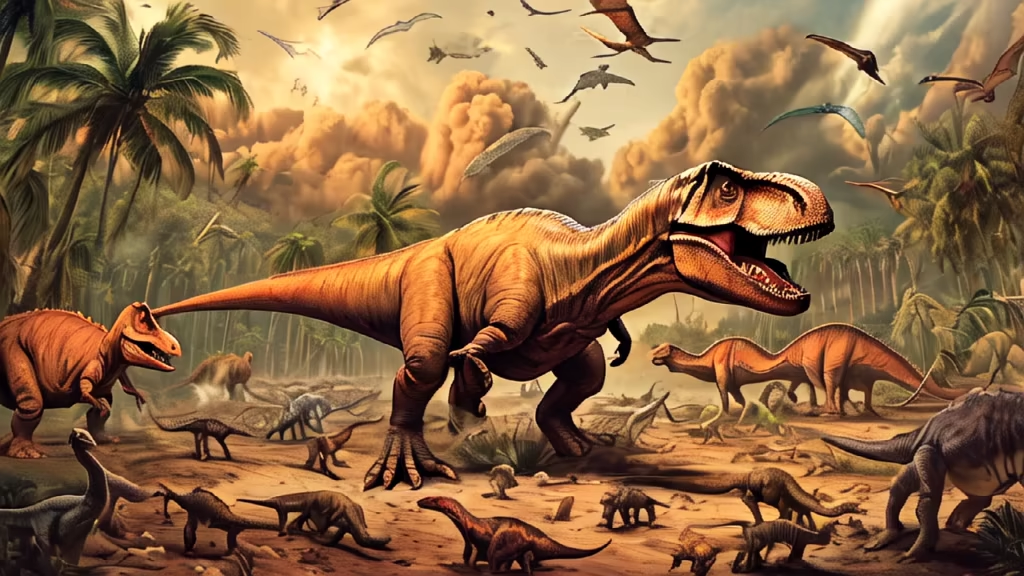
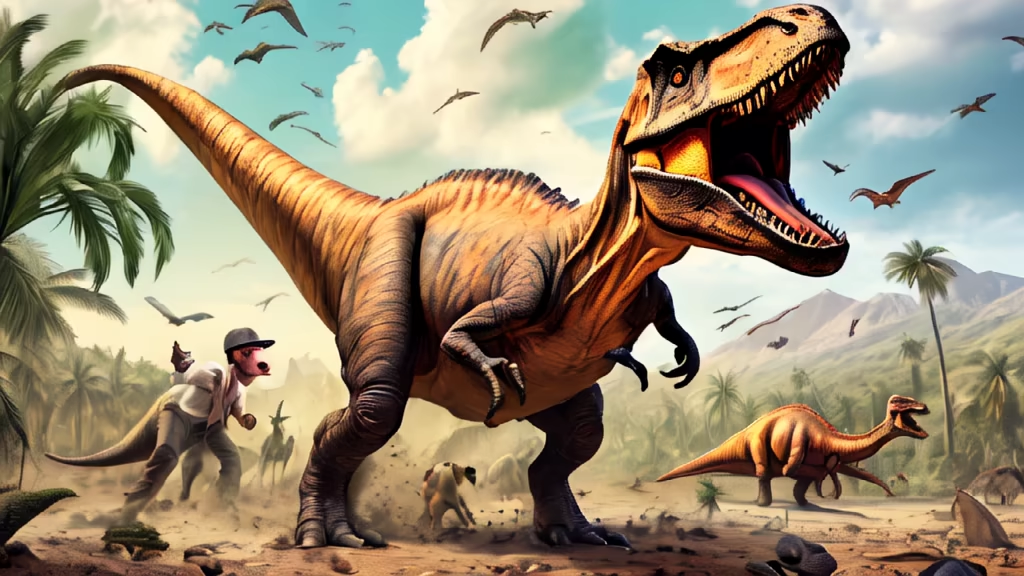






Prompt: Stone Age Hunting Scene On a vast grassland, a group of primitive people are hunting. painting
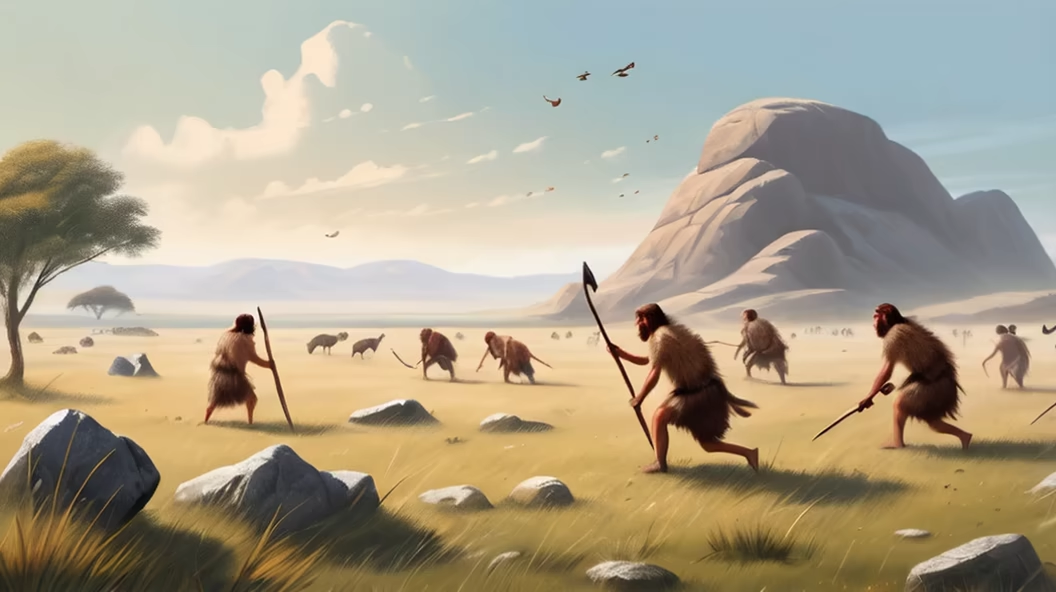
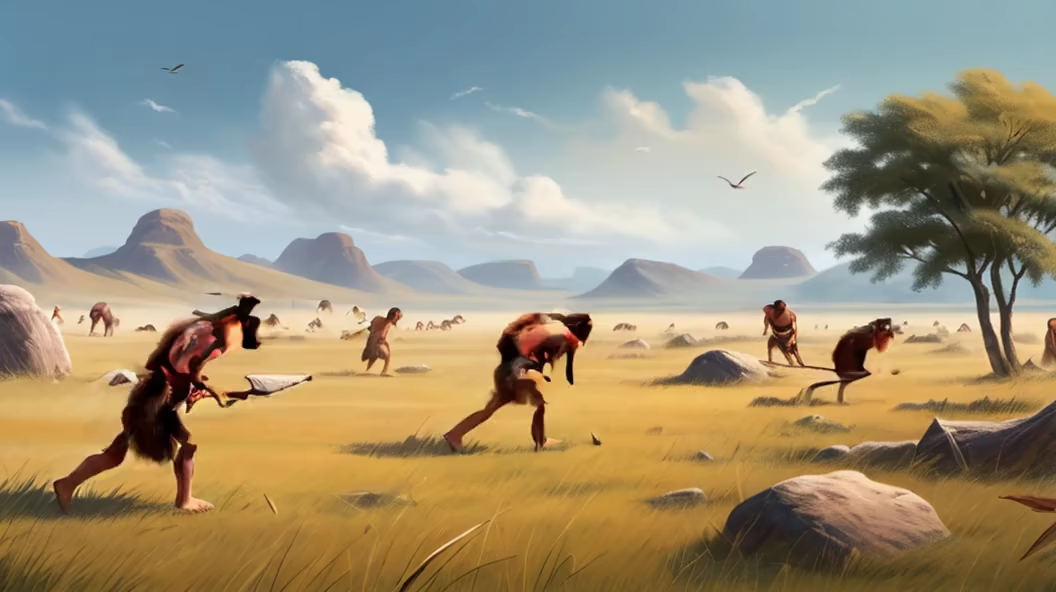
Prompt: a panorama of an ancient roman city blend in with grand royal gardens, look down, magnificent, fairy and dreamy, ((under deep sea)), (dim light), dark night, bioluminescent fish glowing, bioluminescent corals and floras glowing, whimsical and dreamy, vibrant colors
Negative: moon, clouds
Style: Low Poly
















Prompt: /dream prompt:character concept, candid full shot of the Queen of the mushroom kingdom, imagine, fantasy, wearing a mushroom crown, in the style of fantastial and imaginary creatures, sitting in a throne made out of leafs and vines, kitsch stye, hyperrealistic shot, hyperrealistic eye, highly detailed,
Negative: no deformities, raw
Style: Tile Texture


Prompt: the explorers by jeffrey anderson is an aquarium, in the style of saturated color schemes, exotic atmosphere, life-size figures, ricoh gr iii, mural painting, zbrush, lively tavern scenes, hd 3d 32k amazing art realistic photo lsd trippy hardcore
Negative: blurry, ugly, dull, dim
Style: Digital Art



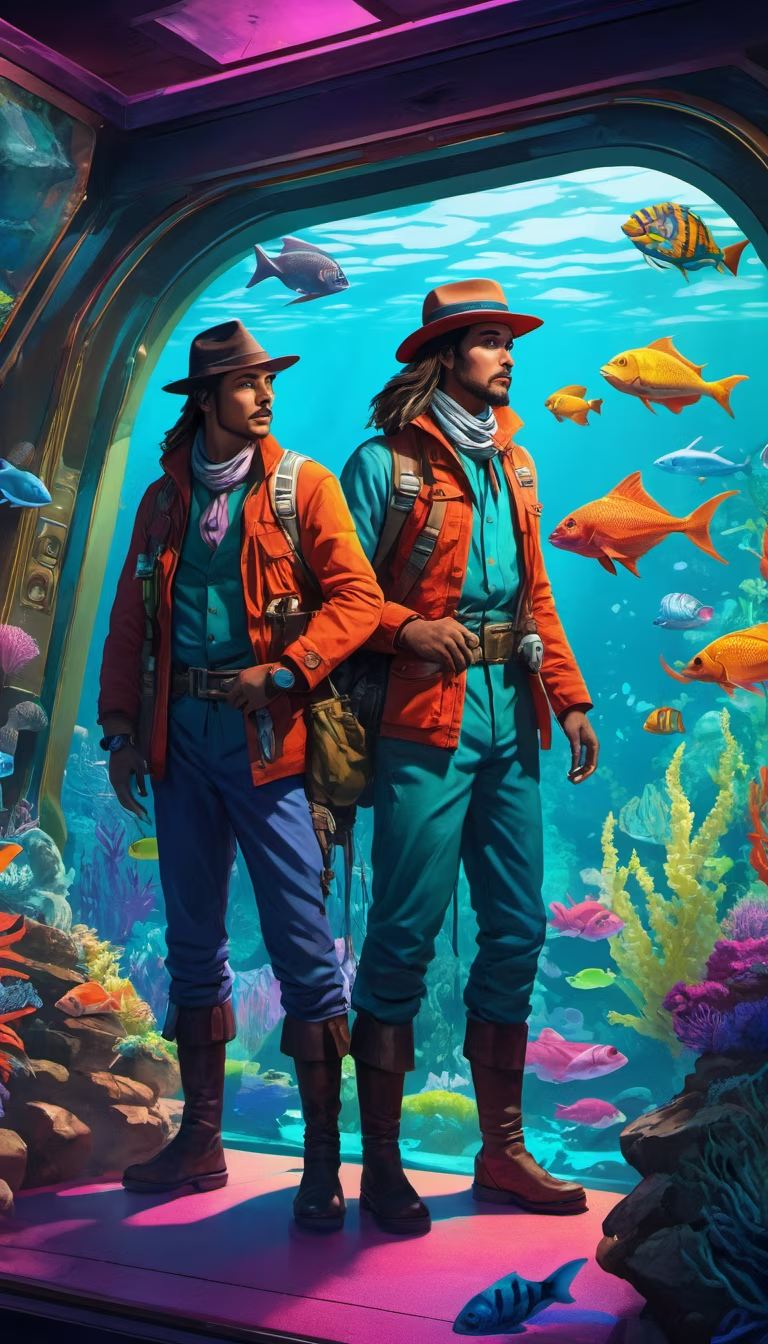


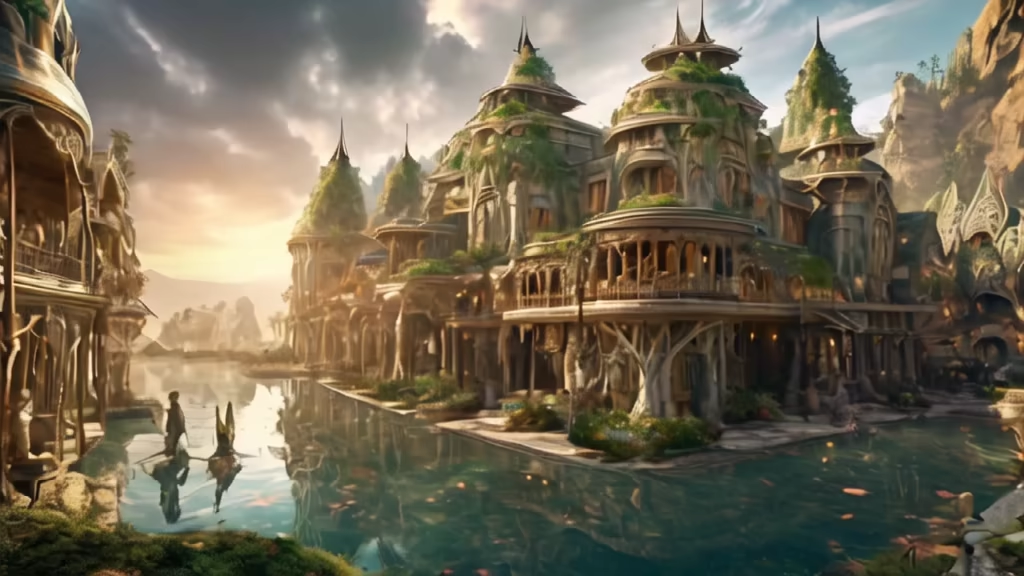
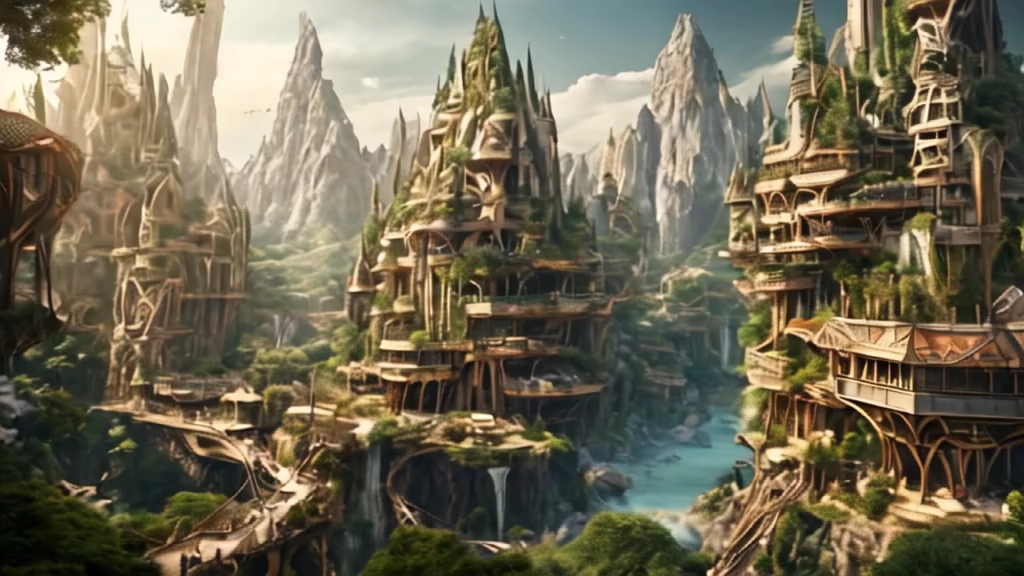
Prompt: an acid trip through fractal cosmos as an ancient advanced civilization is devoured by azathoth


Prompt: In the inception of the world, the gods contemplated creating beings to inhabit fertile lands


Prompt: Creatures that are a mixture of humans and mammoths go hunting for money in the world of mirrors.
